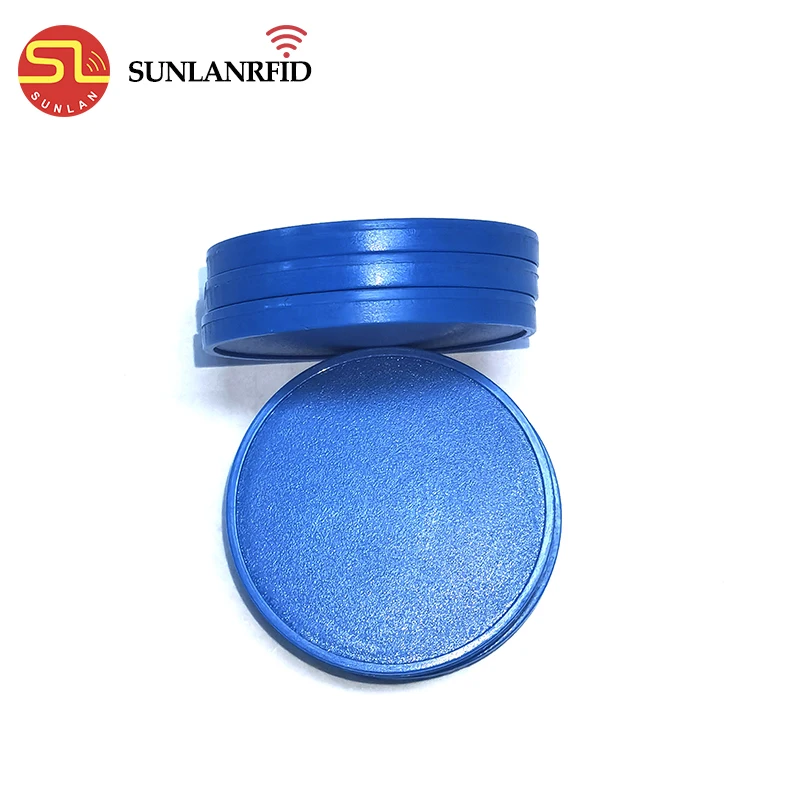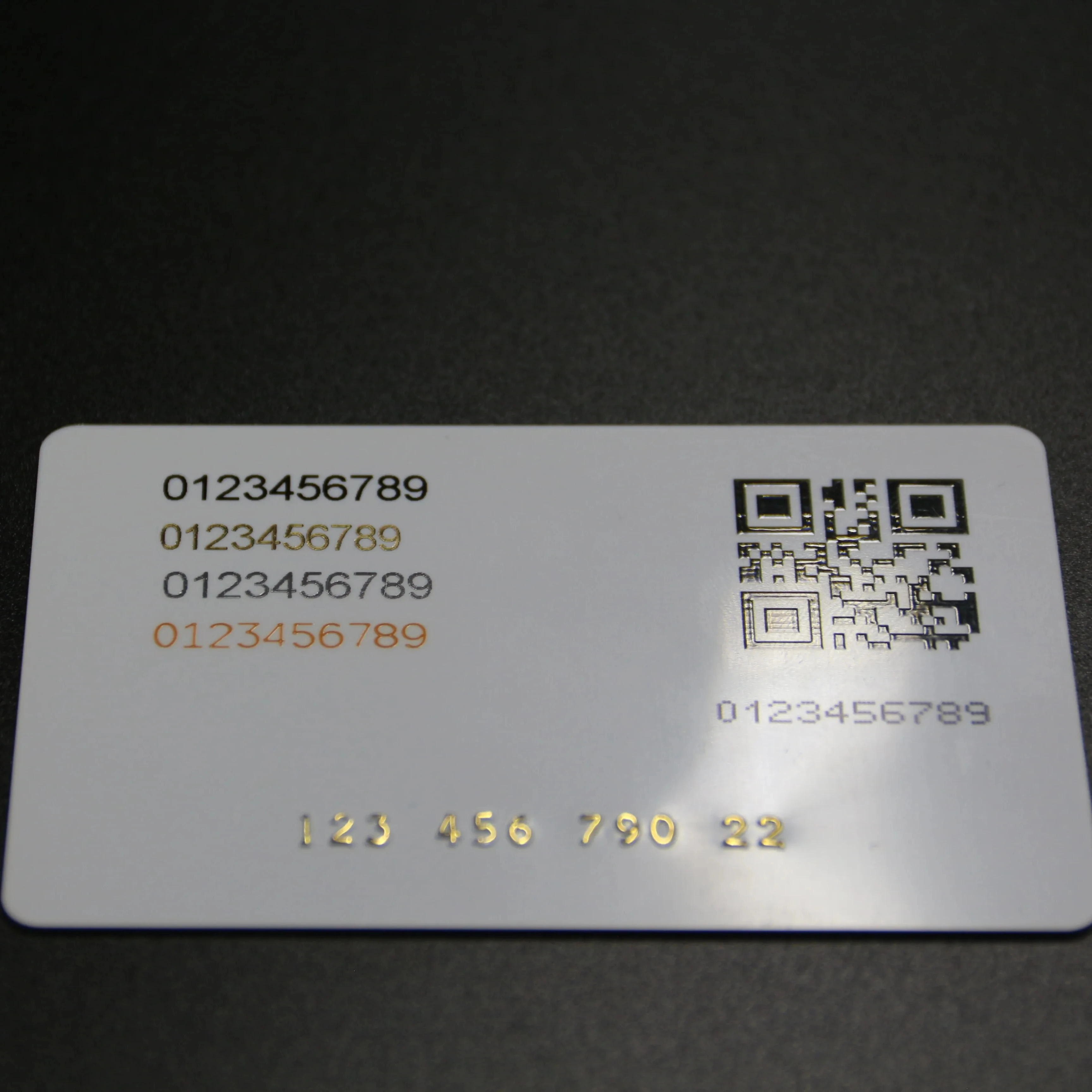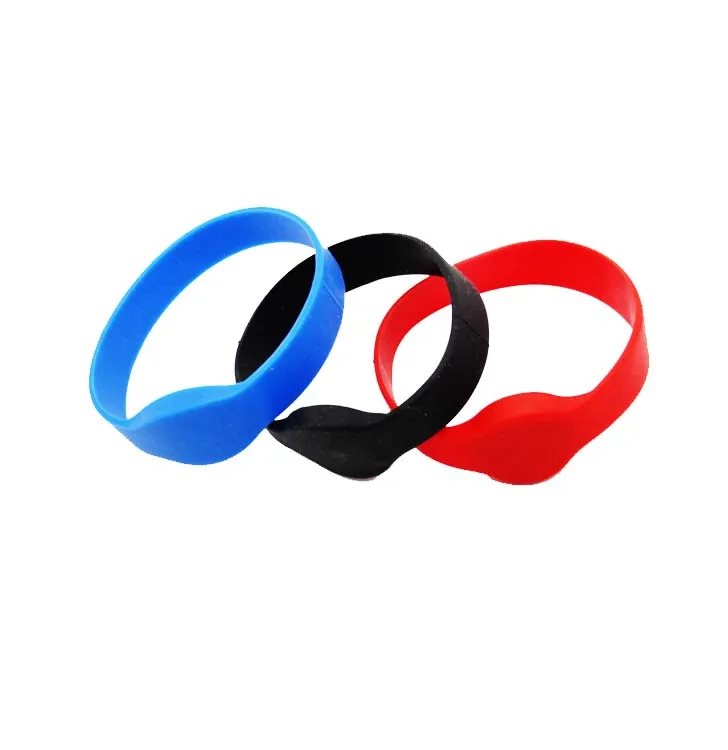RFID cards are special- purpose cards that store information about you and can be read by special machines. They’re pretty special because they don’t have to be scanned like typical barcodes are. Unlike that, RFID cards could be read from a distance. Hence, they are widely used for various purposes nowadays. They are manufacturers that produce high-quality RFID cards. They can be used in various manners, such control of access to certain premises, store inventory control, and even payment at the cashier. Let us understand how these cards work and how they are very helpful in our daily life.
RFID technology has a lot of benefits, especially when compared to an ordinary barcode technology that we see on products in retail stores. Examples include RFID cards, which are used for critical functions such as inventory management, tracking the location of items, and access control. The use of RFID technology is an added advantage as machines can read the cards from a distance. That means you don’t have to actually swipe the card over a scanner, as you do with barcode scanners. This is a time saver during transactions when checking stuff in and out. The next big advantage is that RFID cards are also more secure. An RFID card is certainly tough to duplicate or counterfeit, thus aiding the prevention of fraud as well as keeping the information secure that is stored within the cards.

RFID cards used to transmit data without any connectors. They accomplish this using radio waves. Near-field communication (NFC) refers to a type of close-range communication between two devices using electromagnetic waves, like how an RFID card is read by an RFID reader. RFID cards can come in many different shapes or sizes, making them flexible for use. HPKP has many different types of information you can hold, like personal identification numbers or financial details. The RFID card can be designed and embedded with various security measures to prevent sensitive information from falling into the hands of those with ill intent. This allows sensitive data to be kept secure, which makes people feel more secure when using the cards.

A lot of businesses are choosing for the option of RFID because of its numerous advantages. Such cards can assist to simplify and expedite processes for all parties. RFID can be used for real-time inventory management in stores. This allows store owners to know what items are on the shelf, without counting each item individually. This saves time and keeps the store operating efficiently. For hospitals, this means adding RFID technology to track the location of patients throughout the facility, which makes it easier to come to their aid in an emergency. 4- This is crucial for patient safety. Furthermore, RFID has been adopted in the hotel industry to enhance user experience. Hotels can use RFID to help speed up the check-in and check-out process along with ensuring that the guests feel right at home during their stay.

Since RFID technology is a technology of the new era, it has a lot of potential for many upcoming applications in the future. The integration of RFID technology is then making it able for the devices to communicate with each other in an efficient manner as we are all in the era of internet of things (IoT) as more devices are being connected to the internet. In many fields, for example in agriculture, the movement of cattle can be tracked using RFID. That ensures farmers are monitoring that their animals are grazing and drinking where they are supposed to, which is good for their health. Another example of RFID technology is tracking important medical equipment in hospitals. This is essential as it ensures that expensive and life-saving tools are not lost or stolen, which facilitates quality patient care.